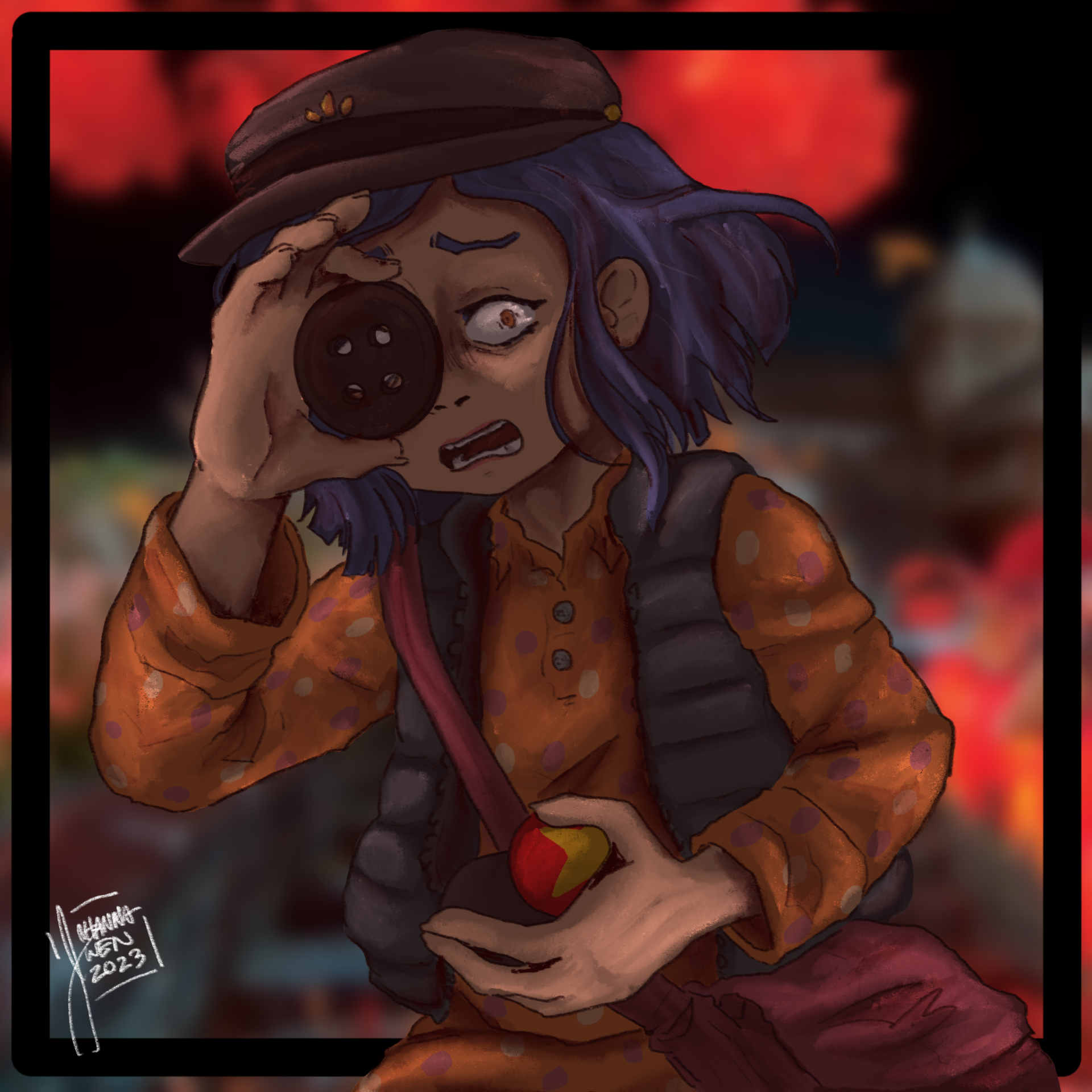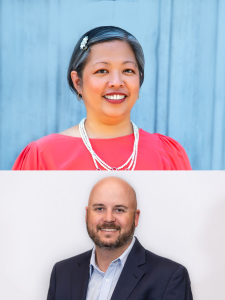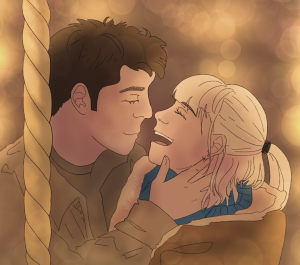Seeing Berlin Wall ‘opened up my eyes’

Photo provided by Micheal Rossow
Michael Rossow stands in front of the Brandenburg in 1981 in East Germany.
Nov 12, 2020
The year is 1981. Sadness and awe course through Michael Rossow as he stares at the separation between two worlds. Before him stands the massive, graffiti-covered Berlin Wall: a symbol of the Cold War.
Rossow never suspected German reunification would happen while he was living there. In fact, he did not think anyone expected this to happen in their lifetime.
“It did happen and the feeling of euphoria when this happened was tremendous,” Rossow said. “One of the happy endings of this is that the Wall fell peacefully. It was through peaceful protests and by people that really wanted to reform their country. In a way it’s kind of like a Gandhi story. They basically created a political movement, and a successful one, which turned the tide through peaceful means. And that’s what happened in East Germany. And through that Germany was reunified.”
German teacher Michael Rossow lived in Germany for only nine months before he first caught sight of the Berlin Wall. He moved there in 1980 for Germanic and English studies at the University of Essen, located in the German state of North-Rhine Westphalia. He taught English in the city of Essen for eight years. In 1995, he returned to Texas to teach German and has been teaching at Bellaire since 2000.
“It was a weird feeling,” Rossow said. “You know, here it was, this very famous construction that simply split the city from north to south. It was amazing to really see, yet sad at the same time, that it cut off two worlds. It was hard to imagine it actually existed.”
Yet, the Wall did exist, and it was standing right in front of him, separating the freedom of Western capitalism from the control of Soviet communism. In 1949, after the Cold War began, Germany split into two nations: the Federal Republic of Germany in the West and the German Democratic Republic in the East. The capital city, Berlin, split as well, making West Berlin a capitalist island in a communist sea.
Oct. 3, 2020, marked the 30-year anniversary of the German Reunification. Although Germany has been reunified for 30 years, certain economic issues that arose soon after the reunification still linger in what used to be East Germany, such as unemployment. But overall, the economy is progressing, and the gap is slowly decreasing.
“Germany is still evolving,” Rossow said. “It’s still trying to establish its identity.”
The German reunification anniversary marks a time in recent history when two nations were able to peacefully reunify and come together as one country. The day celebrates an achievement made in one country yet heard around the world.
Rossow already knew about the restrictive government and differences across the Wall when he first traveled to Berlin, but when he had the opportunity to travel inside East Germany a year later, the relationships he developed with the people there taught him lessons he still remembers today.
“When we learned about the people in the east in school, we kind of dehumanized them, we kind of didn’t see the human factor involved,” Rossow said. “When I was over there, I discovered that there were a lot of happy people. There were people who went on with their lives and had aspirations and families and everything like we did, and so that was something that I had not really thought about before going over there. It was learning the fact that they’re people just like us, with essentially the same fears and aspirations and hopes, that moved me.”
Living in Germany during a key point in history helped Rossow realize that Americans are not alone in the world. There are different political views and events happening around the world that Americans don’t necessarily hear about, Rossow said.
“When you’re living in Europe — not just Germany, but in Europe — you hear about these things all the time,” Rossow said. “And so it opened up my eyes to a great extent that the world is a big place, and there are things happening all over the world. When we look at it historically, this is all relatively new. It’s a huge part of European history and a huge part of German history. It indirectly affects what Germany is today and a lot of the identity crisis going on, but the challenge they’re trying to figure out still, you know, as Germans are who they are as people.”







Amy wildt • Nov 14, 2020 at 8:24 am
I enjoyed this article. It is Very well written. I could relate to Mr. Rossow’s comment that living in Europe you are exposed to a lot more news about what is happening around the world. When I lived in London in the early 2000s I remember thinking how the USA is such a large country compared to those in Europe and its citizens tend to only think their own problems and issues whereas in Europe there is more of a global perspective
Juanita Camarillo • Nov 13, 2020 at 11:04 pm
Humbled by Mr. Rossow’s sharing. To have lived through that… unimaginable. To have first- hand knowledge of what Germany was before, during, and of what it is trying to become now… what an amazing perspective. Awesome insight! Mr. Rossow is a special kind of man to have seen and felt and let himself understand what this nation went through to begin a kind of healing of their people. America is huge, but many times our size and influence on a global scale create in us a skewed viewpoint. May we be given eyes to see that the world is bigger than our borders; and that people of value and worth are to be found in every society, culture, and nation- that we may be moved to learn from others and share with others, and grow through those shared experiences to become better citizens of this planet we all share. IJN, Am.
Brian Harris • Nov 12, 2020 at 7:50 pm
Wow! This was well written. President Reagan was tough and the media attacked him doggedly. He challenged communism saying” Mr. Gorbachev tear this wall down”
!”. President Bush reaped the rewards when he took office. This article brought back so many memories- Thank you.